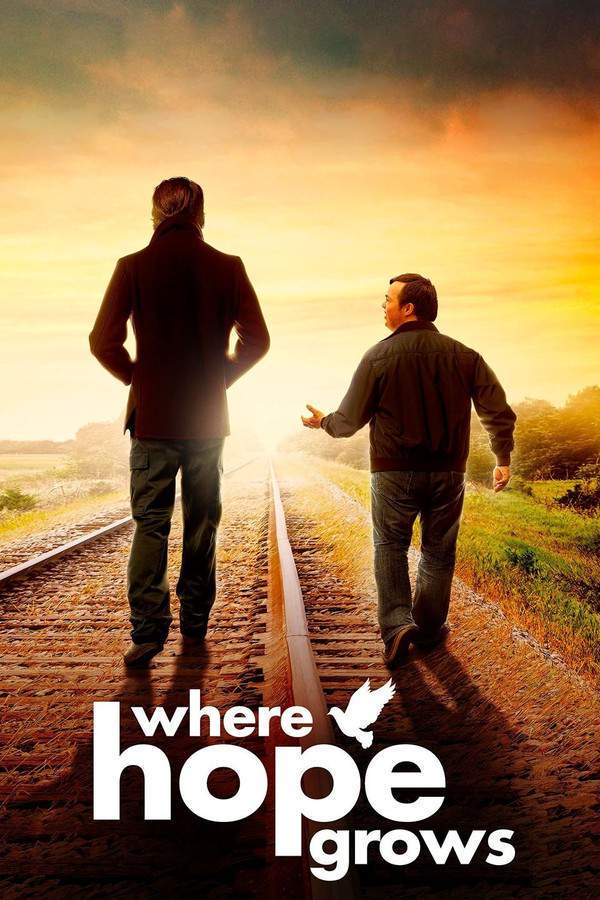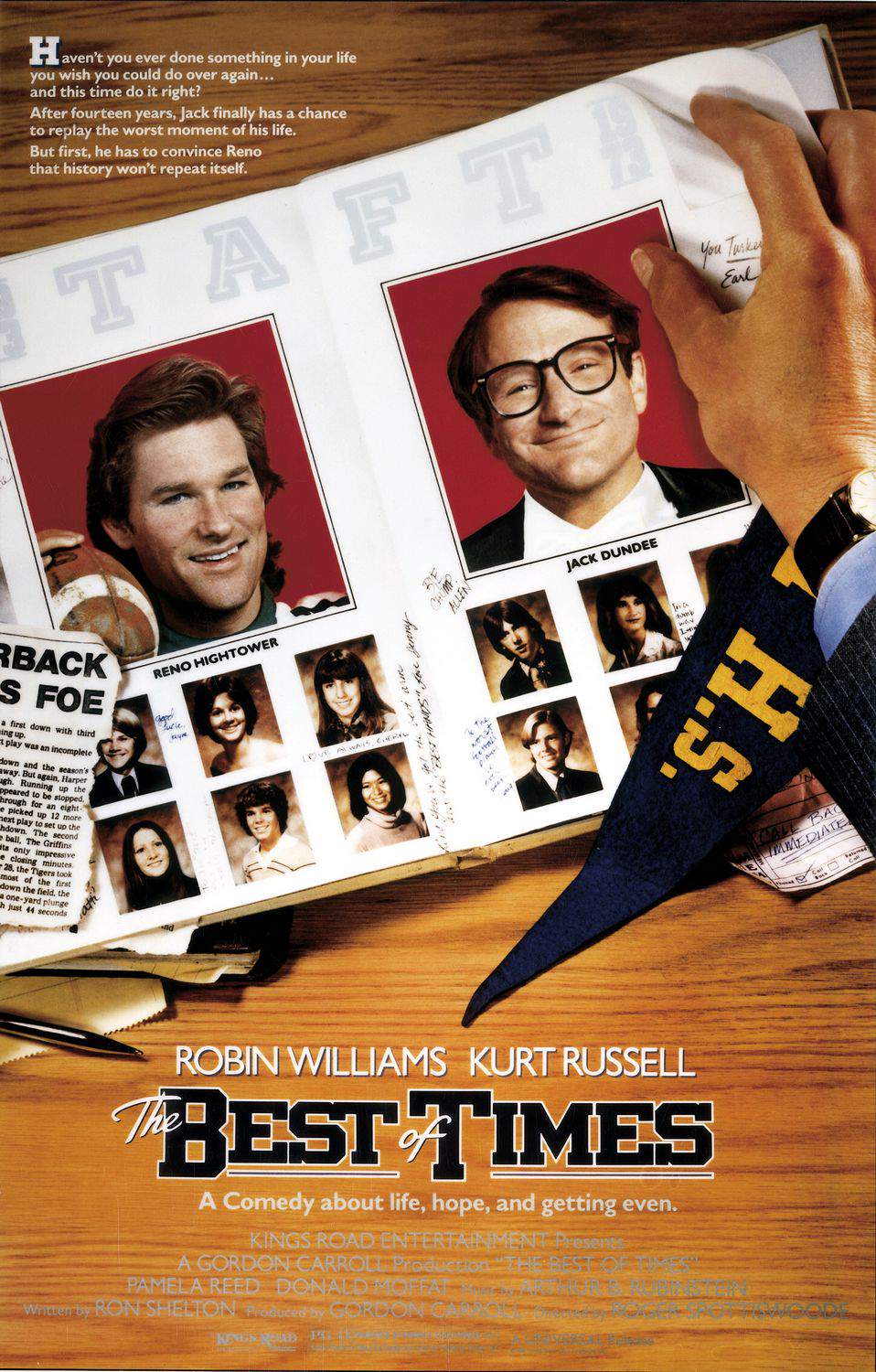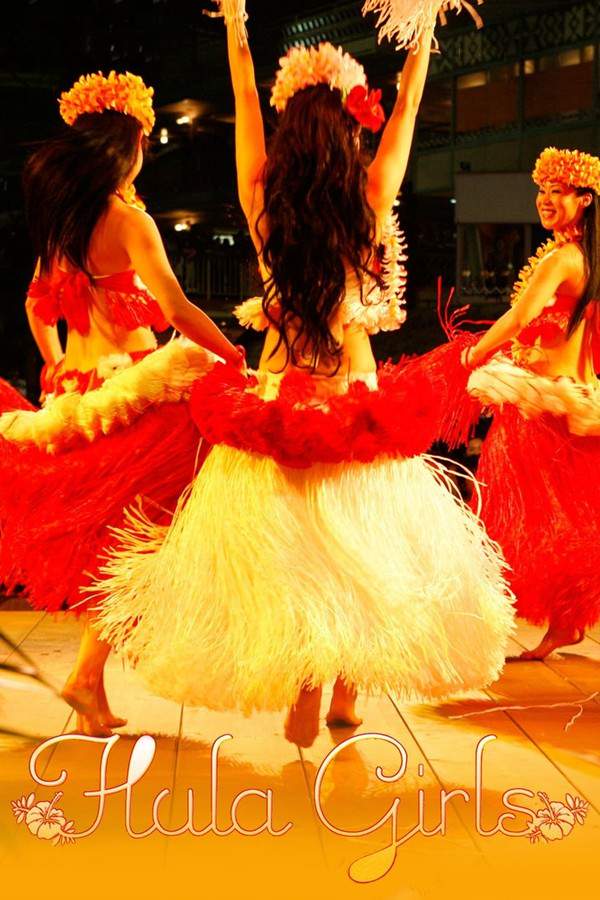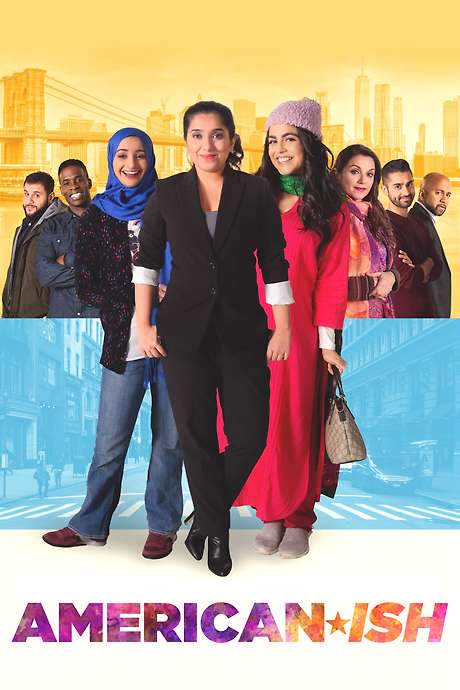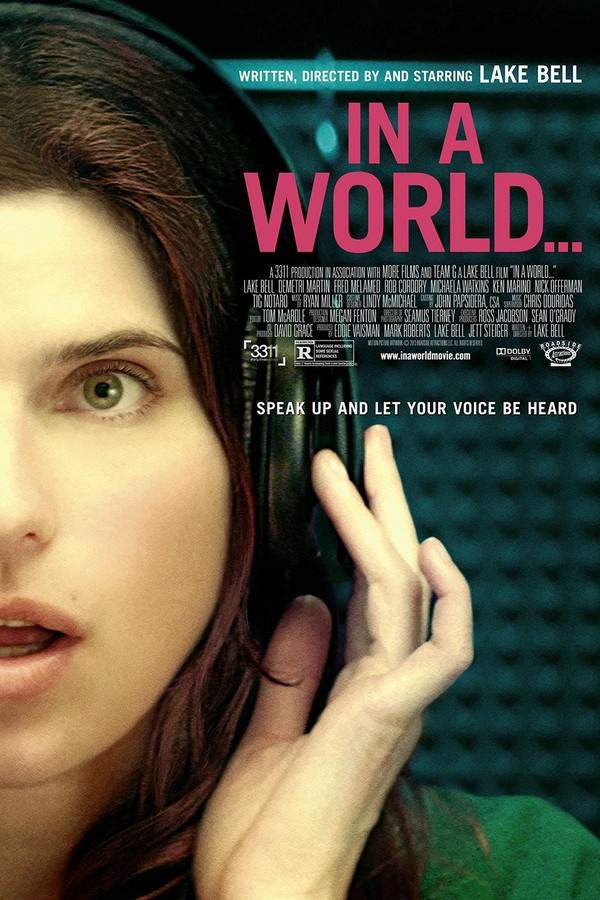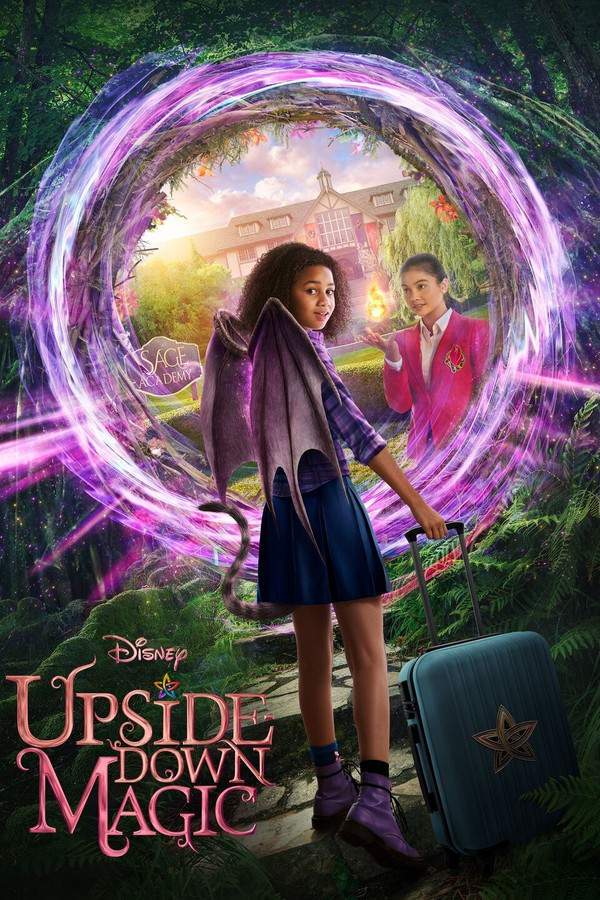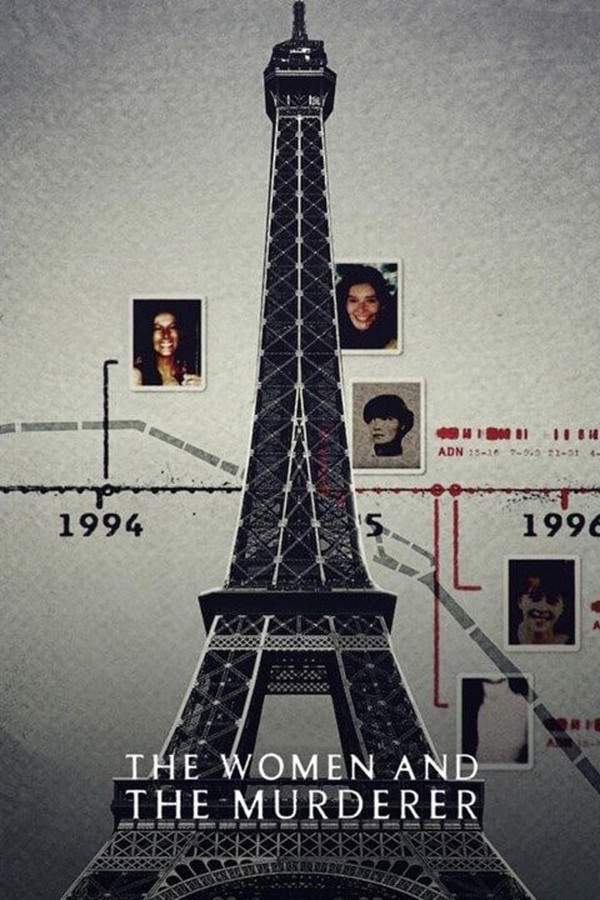
Without Men
Year: 2011
Runtime: 83 mins
Language: English
Director: Gabriela Tagliavini
In a remote Latin American mountain village, all the men are drafted into a civil war, leaving the women, led by Rosalba, to assume new roles. They gradually build an unexpected all‑female society, a kind of utopia. When the men, accompanied by an American reporter, return to reclaim power, a gender clash erupts with unforeseen consequences.
Warning: spoilers below!
Haven’t seen Without Men yet? This summary contains major spoilers. Bookmark the page, watch the movie, and come back for the full breakdown. If you're ready, scroll on and relive the story!
Without Men (2011) – Full Plot Summary & Ending Explained
Read the complete plot breakdown of Without Men (2011), including all key story events, major twists, and the ending explained in detail. Discover what really happened—and what it all means.
In a remote Colombian village, a mysterious phenomenon begins to unfold as all the men suddenly disappear, forcing the women to confront their new reality and discover their own strength and independence. This sudden void leaves women tasked with responsibilities traditionally handled by men, such as fixing vehicles, managing power and waste, and even leading their community. Among them is Rosalba ([Eva Longoria]), who steps into a leadership role, determined to reshape their society amidst the chaos. The villagers, initially overwhelmed, start to imagine a different way of life—one where they can survive and thrive without the presence of men.
Meanwhile, in the nearby jungle, Gordon ([Christian Slater]), an overworked journalist, is struggling to find a new angle for his reporting on a ongoing war. He is frustrated with his boss, who insists he needs a sensational story, even as he grumbles about his current coverage. When a young boy named John overhears Gordon talking about his struggle and offers a diary he bought as a way to inspire a better story, Gordon initially dismisses him. However, after learning that the diary belongs to Priest Rafael ([Oscar Nuñez]), he becomes curious. The diary holds the story of a small village called Mariquita, where the arrival of revolutionary insurgents has led to fear and chaos, echoing the larger war outside.
The story then shifts to the earlier days in Mariquita, where the revolutionaries, led by Camacho ([Paul Rodríguez]), arrive and demand to conscript all the men. The villagers, including Elias ([Luis Chávez]) and his wife Rosalba, scramble to hide from the threatening soldiers. Elias, anxious for his safety, pushes Rosalba aside as she tries to hide in their pantry, revealing his fear and the tension in their relationship, especially when he admits to an affair with Ubaldina ([Fernanda Romero]).
As Camacho’s men continue their campaign, the women—including Magnolia ([Judy Reyes]) and her brother Julio—try to protect themselves, with Magnolia disguising Julio as a woman to escape conscription. Meanwhile, Rosalba and Elias are caught in more personal drama, exposing their fears and secrets, including Elias’s betrayal. Camacho’s soldiers also visit the village, threatening to take the men, which leads Magnolia to help her brother disguise himself to avoid capture.
Priest Rafael, who is spared from being taken to serve in the army, discusses the importance of procreation with Rosalba, believing it’s essential for the survival of their community. He proposes that he impregnate the women, as a way to preserve the village’s future, which creates awkwardness among the villagers. The priest’s attempts at intimacy with Virgelina ([Yvette Yates Redick]) and Cecilia ([Mónica Huarte]) are filled with discomfort and awkwardness, revealing the strained relationships and the desperation of their situation. As more women line up to conceive, the priest begins to feel that his seed is failing, leading to feelings of disillusionment and rejection.
Throughout this period, the women of Mariquita start to take control of their lives. Cecilia and Cleotilde ([Kate del Castillo]) arrive in the village, with Cleotilde expressing her desire to stay despite the villagers’ concerns about their customs. Cleotilde’s love for reading and her desire for education spark a change in the women, who begin to question their roles and traditions. Out of this newfound hope, they start cultivating crops, cleaning, and reimagining their societal values, particularly by developing a new concept of time based on menstruation cycles, aiming to see themselves beyond the constraints of the male-dominated world.
Meanwhile, Rosalba and Cleotilde’s relationship gradually deepens, with Rosalba expressing her feelings through poetry, and their connection growing amid the backdrop of societal upheaval. Their affection becomes a symbol of the new society they are building—one based on equality, love, and mutual respect. The villagers, inspired by their leadership, start to form relationships, with Cecilia and Magnolia ([Yvette Yates Redick]) finding happiness together, and La Gringa and Lucrecia openly admitting their partnership.
As their society begins to flourish, Gordon’s arrival in Mariquita raises tension. He is caught between his journalistic curiosity and his desire to respect the villagers’ privacy. Driven by a sense of conscience and the villagers’ pleas for privacy, Gordon ultimately chooses to protect their peaceful way of life, deciding not to publish sensational stories that could bring outside attention and jeopardize their fragile society.
The story culminates with Elias reappearing, alive after faking his death to escape the chaos. His return sparks conflict as he attempts to reclaim his place as mayor, but Rosalba firmly refuses. The women band together fiercely to defend their evolving community, with some threatening violence, but ultimately, unity prevails. Rosalba’s love for Cleotilde is revealed in a heartfelt moment, symbolizing the acceptance and freedom that now define Mariquita.
As time progresses, the village continues to change. Virgelina expects a child with Angel, Ubaldina is happily married to Elias, and the villagers take pride in their collective effort to rebuild—women and men working side by side, sharing responsibilities and a new understanding of equality. Cecilia learns to lead, and the community thrives under their new societal values. The film ends on a note of hope, emphasizing that true strength and progress come from embracing change, love, and the collective effort of its people to create a better future.
Last Updated: August 19, 2025 at 05:16
Explore Movie Threads
Discover curated groups of movies connected by mood, themes, and story style. Browse collections built around emotion, atmosphere, and narrative focus to easily find films that match what you feel like watching right now.
Movies about communities rebuilding like Without Men
Stories where a displaced group builds a hopeful new society from the ground up.If you enjoyed the hopeful journey of rebuilding in Without Men, you'll like these movies. Discover stories of communities and groups creating new societies, exploring themes of resilience, collaboration, and empowerment against the odds.
Narrative Summary
These narratives typically begin with a disruptive event that dismantles the old social order, forcing a group of people to start anew. The plot follows their initial struggles, gradual adaptation, and eventual success in establishing a functional and often more equitable community, culminating in a defense of their new way of life.
Why These Movies?
Movies in this thread are grouped by their shared focus on collective empowerment and hopeful societal change. They share a steady, character-driven pacing, a medium emotional weight balanced with uplifting moments, and a core theme of building something positive out of chaos.
Feminist utopia stories similar to Without Men
Quiet stories exploring women's independence and the creation of female-centric societies.Looking for movies like Without Men? This list features gentle, hopeful films about women creating independent societies and experiencing personal awakening. Explore stories of feminist utopias, self-discovery, and romantic liberation.
Narrative Summary
The narrative follows a group of women, or a central female character, as they are liberated from constricting norms, often by circumstance. The story methodically charts their journey of self-governance, personal growth, and the formation of new relationships, leading to a confrontation that tests their newfound independence but ultimately affirms it.
Why These Movies?
These films are linked by their specific thematic focus on feminist world-building and personal liberation. They share a reflective mood, a steady pacing that allows for character development, and a mix of tender romance with broader social commentary, resulting in a satisfying, empowering conclusion.
Unlock the Full Story of Without Men
Don't stop at just watching — explore Without Men in full detail. From the complete plot summary and scene-by-scene timeline to character breakdowns, thematic analysis, and a deep dive into the ending — every page helps you truly understand what Without Men is all about. Plus, discover what's next after the movie.
Without Men Timeline
Track the full timeline of Without Men with every major event arranged chronologically. Perfect for decoding non-linear storytelling, flashbacks, or parallel narratives with a clear scene-by-scene breakdown.

Characters, Settings & Themes in Without Men
Discover the characters, locations, and core themes that shape Without Men. Get insights into symbolic elements, setting significance, and deeper narrative meaning — ideal for thematic analysis and movie breakdowns.

Without Men Spoiler-Free Summary
Get a quick, spoiler-free overview of Without Men that covers the main plot points and key details without revealing any major twists or spoilers. Perfect for those who want to know what to expect before diving in.

More About Without Men
Visit What's After the Movie to explore more about Without Men: box office results, cast and crew info, production details, post-credit scenes, and external links — all in one place for movie fans and researchers.




